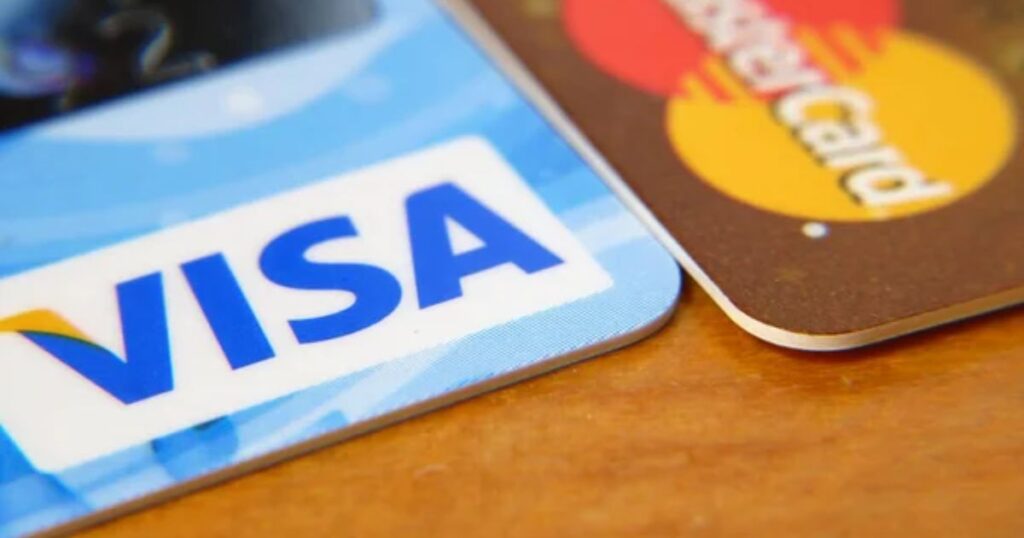A lot of teens nowadays are curious about earning online. In fact, many of them are even earning by doing freelance gigs, selling digital products, and more. However, not many think of saving money, while others don’t think of financial independence at all.
In this article, I will share 9 tips with you to help you teach your teen about financial independence. However, we will take a glance at the importance of financial independence before moving ahead.
The Importance of Financial Independence
Having financial independence is a privilege in today’s world. It’s important to be able to handle any bad circumstances whether medical or societal. Hence, it’s also important for teenagers to start learning about financial freedom at an early age.
As a parent, your guidance will play a crucial role in the financial independence of your teen. So, here are 9 tips to help you teach your teen about financial independence.
9 Tips To Teach Your Teen About Financial Freedom
Let’s get started with these 9 tips below that will help you teach your teen about becoming financial independent:
1. Give them ideas to explore.

You can start giving your teens a monthly pocket money to spend, save, and use. However, you can also show them things they can explore and earn from.
As of now, there are hundreds of remote opportunities such as freelance writing, web development, and more. Give your teenager an exposure to such opportunities.
Eventually they will pick up something of their own choice and start exploring more into it. Once they start earning, you can take further steps as I discuss below.
2. Set them up with their own bank account.
The first step would be to set them up with their own bank account. This will allow them to learn about transactions and as they make pay for expenses, they will see how money works.
3. Tell them about debit and credit cards.

Teenagers learn a lot of things from their friends and the internet. So, it creates a high chance that they’ll think of credit cards as a wonderful thing — even though that’s not true.
Once they get their first debit card, teach them about the pros and cons of using a debit card. Additionally, tell them the differences between a debit card and a credit card in the simplest way possible.
It’ll save them from any future financial troubles.
4. Set them up with a savings habit.
The earlier you set them up with a savings habit, the more they will be able to save for an emergency fund and other purposes. Show them what impulsive purchases look like, and what healthy financial balances look like.
If they fail to understand the importance of saving money early in life, it will take them a lot of mental pressure to do so. So, help them save for a financially strong future.
5. Help them understand the connection between money and spending.
Now, saving money has a lot to do with spending money. If you overspend money on unnecessary things, you won’t be able to save much. That’s why it’s important to show your young one the relationship between money and spending.
Here’s a tip: If they want to buy something, tell them to wait and see if they need to make the purchase even after 24 hours. It will stop a lot of impulsive decisions already, saving money.
6. Show them good financial habits.

Teens pick up a lot of things from what they see around their environment. For instance, if you go make healthy food and eat greens, they’ll enjoy eating healthy. Similarly, showing them good financial planning will build good financial habits in them.
Good financial habits are — building an emergency fund, focusing on important expenses rather than the unnecessary ones, and creating a monthly budget. Show them how you budget for the month and they’ll grab the point quickly!
7. Teach them to grow their money.
Active income works well only till the time you are actively working. So, tell your teen about passive income! Introduce them to different ways to earn passive income online such as by selling digital products.
If your teen is old enough to understand the concept of safe investments and risky investments, expose them to the world of investing. This includes mutual funds, trading, and stocks.
8. Gift them financial books.
You can offer them a new growth-related or financial book every month. The more they get attached to reading, the more they’re going to retain about finances and growth. A few examples of such books include Rich Dad, Poor Dad and The Psychology of Money.
Additionally, you can start engaging with them in their reading sessions and include an experience related to each learning. For instance, if the book talks about investing in gold, you can share about how buying gold jewelry is actually an asset.
9. Introduce them to internet banking.

Internet banking is no wonder to any kid at the moment. Everybody knows about UPI apps such as Gpay and their easy access. However, teens aren’t usually well-aware about the process of setting up a UPI and managing it.
So, once your teen has a bank account and a debit card with transactions going on, you can help them link their bank account to the UPI. You must also teach them about the risks of losing money in frauds via PIN or card details. Therefore, preventing any financial loss from happening.
The Last Word
The lessons about financial independence will come slowly over time. But at the same time, take the best care of your kids even when they earn.
You may also read:



